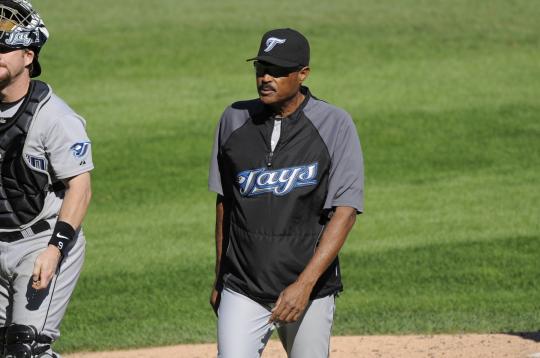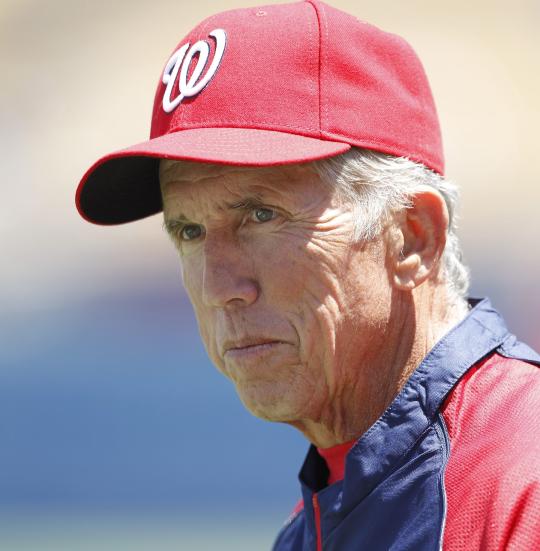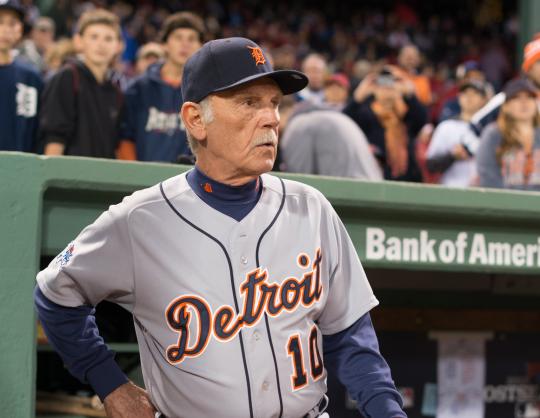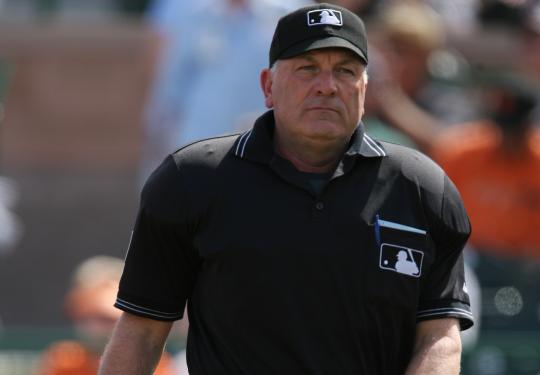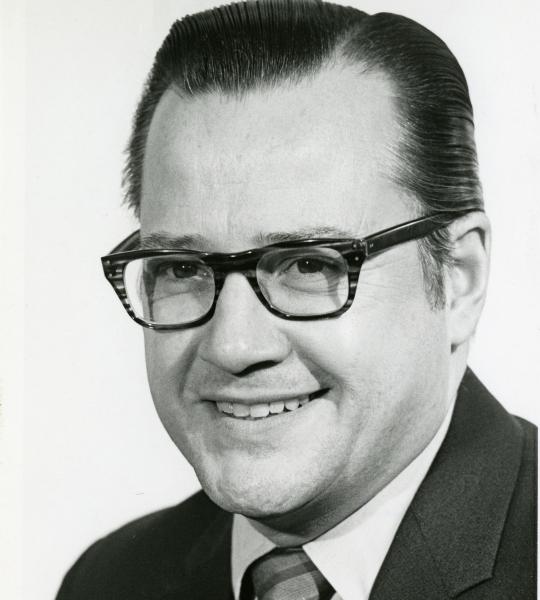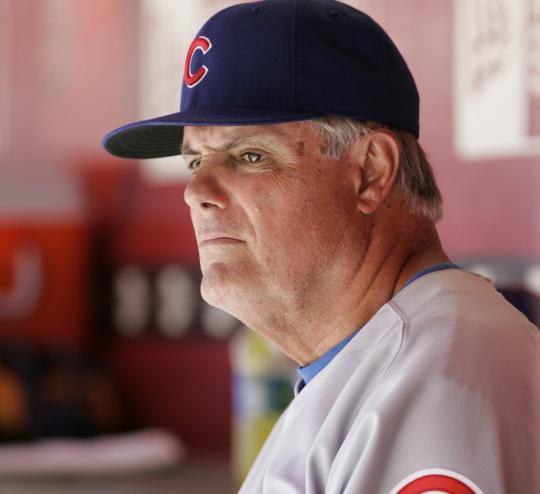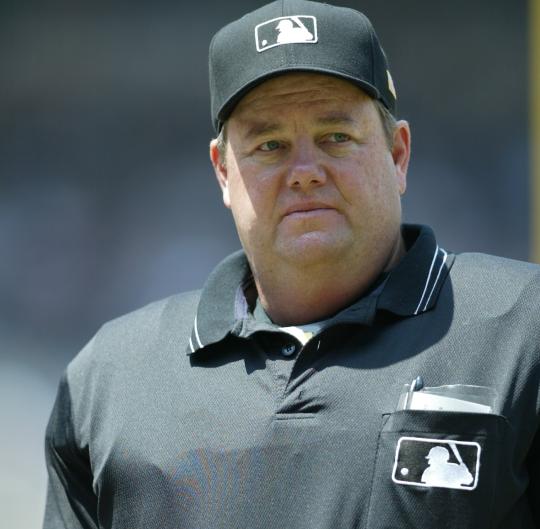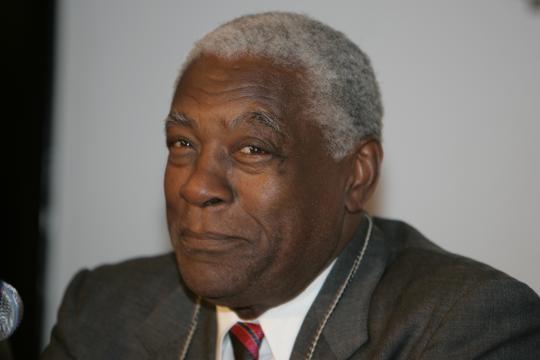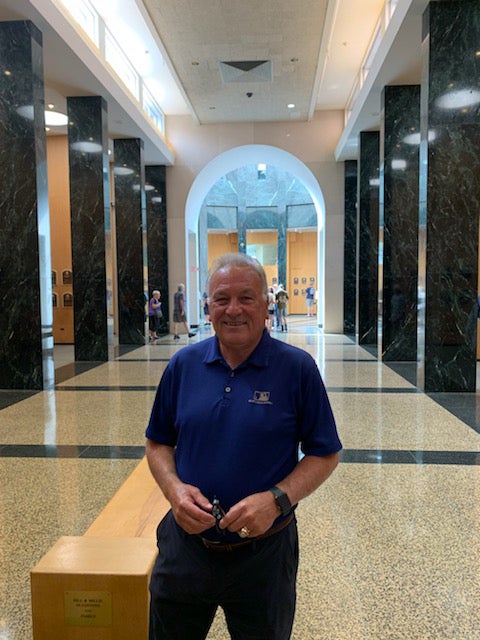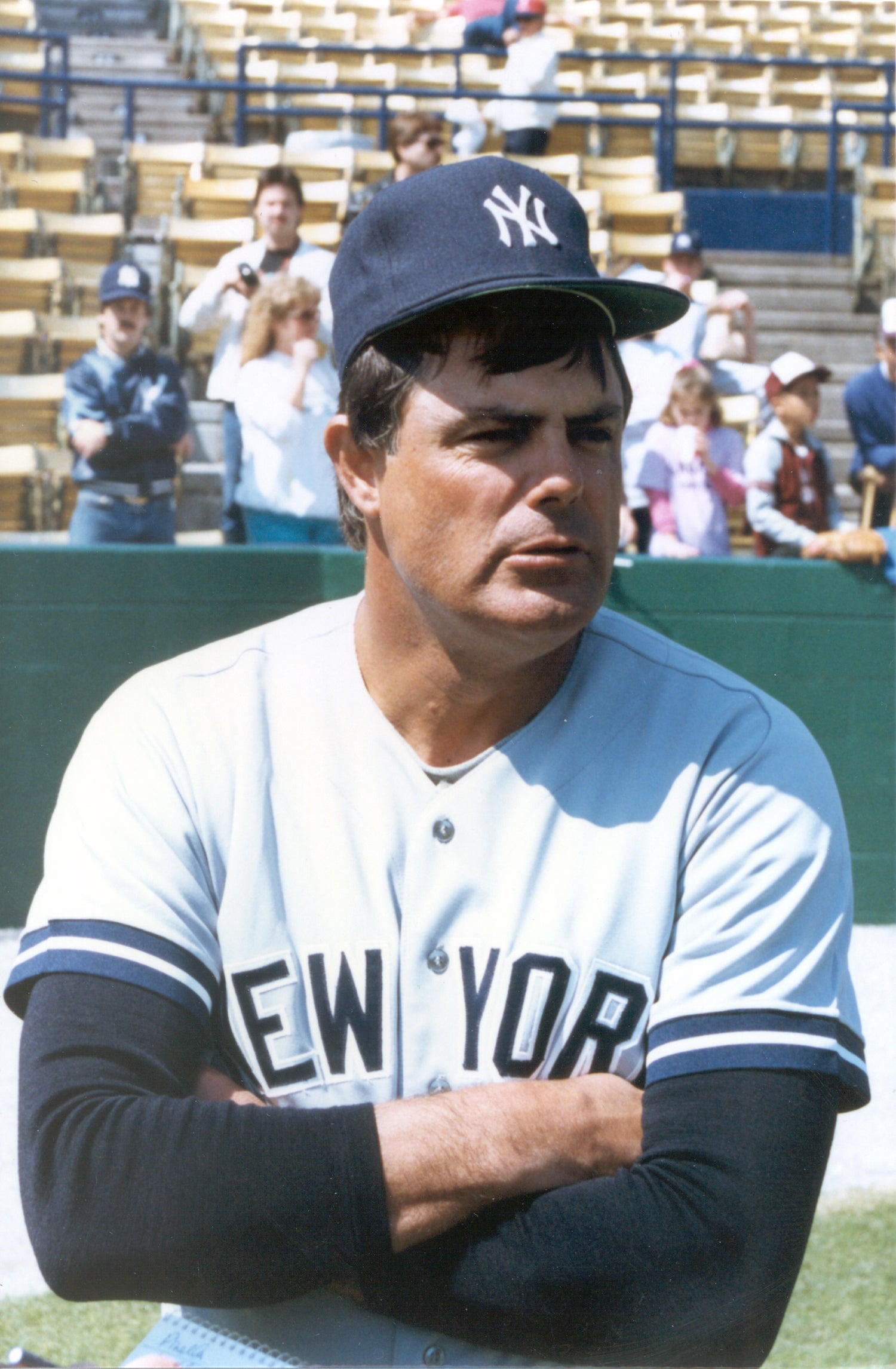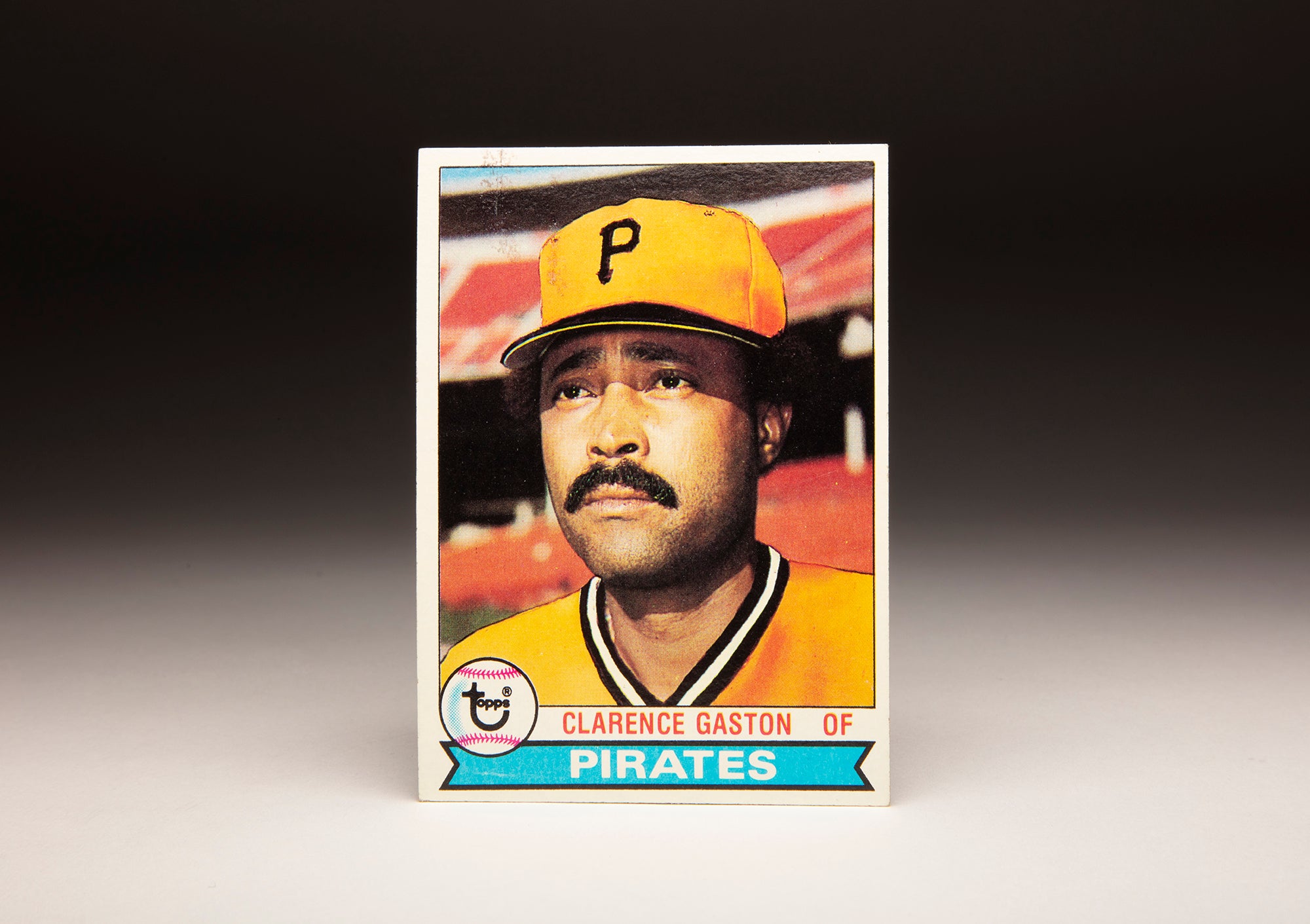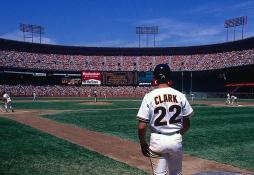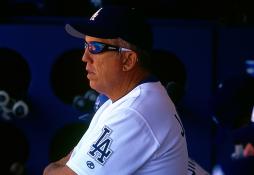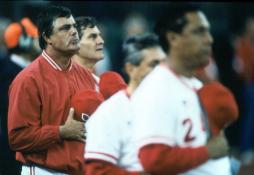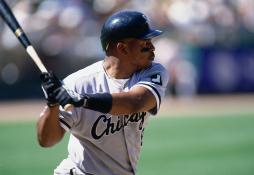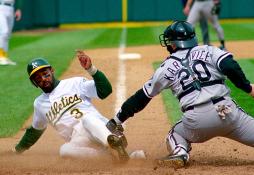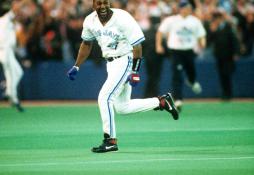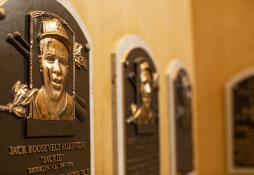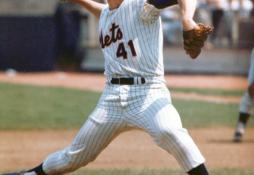- Home
- Our Stories
- Contemporary Baseball Era Committee candidates announced
Contemporary Baseball Era Committee candidates announced
(COOPERSTOWN, NY) – The National Baseball Hall of Fame and Museum has announced the eight-person ballot that will be considered by its Contemporary Baseball Era Committee for Managers/Executives/Umpires for Hall of Fame election for the Class of 2024. The Contemporary Era Committee will meet on Dec. 3 at baseball’s Winter Meetings in Nashville, Tenn.
Hall of Fame Membership
There is no simpler, and more essential, way to demonstrate your support than to sign on as a Museum Member.
Be A Part of Something Greater
There are a few ways our supporters stay involved, from membership and mission support to golf and donor experiences. The greatest moments in baseball history can’t be preserved without your help. Join us today.
Four managers, two executives and two umpires comprise the eight-name Contemporary Baseball Era Managers/Executives/Umpires ballot, which features candidates whose primary contribution to the game came since 1980.
The Contemporary Baseball Era Managers/Executives/Umpires ballot includes Cito Gaston, Davey Johnson, Jim Leyland, Ed Montague, Hank Peters, Lou Piniella, Joe West and Bill White. All candidates except Peters are living.
The results of the Contemporary Baseball Era Committee vote will be announced live on MLB Network’s “MLB Tonight” at 7:30 p.m. ET on Sunday, Dec. 3.
Any candidate who receives votes on 75 percent of the ballots cast by the committee will earn election to the National Baseball Hall of Fame and will be inducted in Cooperstown on July 21, 2024, along with any electees who emerge from the 2024 Baseball Writers’ Association of America election, to be announced on Jan. 23, 2024.
The Contemporary Baseball Era Committee for Managers/Executives/Umpires is one of three groups eligible for consideration as part of the Era Committee process, which provides an avenue for Hall of Fame consideration to managers, umpires and executives, as well as players retired for more than 15 seasons. The Contemporary Baseball Era features two distinct ballots: One for managers, executives and umpires (considered this fall) and one for players (to be considered next in the fall of 2025).
Following the restructuring of the Era Committee process in the spring of 2022, the two Contemporary Baseball Era ballots were instituted, along with the Classic Baseball Era, which includes all candidates whose primary contribution to the game came prior to 1980. The Classic Baseball Era Committee will meet for the first time in the fall of 2024. The eight Contemporary Baseball Era manager/executive/umpire finalists were selected by the BBWAA-appointed Historical Overview Committee from all eligible candidates among players whose most significant career impact was realized since 1980.
Eligible candidates include managers and umpires with 10 or more major league seasons and retired for at least five years (candidates who are 65 years or older are eligible six months following retirement); and executives retired for at least five years (active executives 70 years or older are eligible for consideration regardless of the position they hold in an organization and regardless of whether their body of work has been completed). All candidates must not be on Baseball’s Ineligible List.
The Contemporary Baseball Era managers/executives/umpires ballot was determined this fall by the Historical Overview Committee, comprised of 10 veteran historians: Adrian Burgos (University of Illinois); Bob Elliott (Canadian Baseball Network); Jim Henneman (formerly Baltimore Sun); Steve Hirdt (Stats Perform); David O’Brien (The Athletic); Jack O’Connell (BBWAA); Jim Reeves (formerly Fort Worth Star-Telegram); Tracy Ringolsby (InsideTheSeams.com); Glenn Schwarz (formerly San Francisco Chronicle); Susan Slusser (San Francisco Chronicle); and Mark Whicker (Los Angeles News Group).
The 16-member Hall of Fame Board-appointed electorates charged with the review of the Contemporary Baseball Era managers/executives/umpires ballot will be announced later this fall. The Committee will meet to discuss and review the candidacies of the eight finalists as part of baseball’s Winter Meetings on Dec. 3 in Nashville, Tenn.
The eight candidates for Contemporary Baseball Era Committee consideration for the Class of 2024:
- Cito Gaston managed 12 seasons, all with the Blue Jays, leading Toronto to back-to-back World Series titles in 1992 and 1993. Taking over the team midway through the 1989 season, Gaston also piloted the Blue Jays to American League East titles in 1989 and 1991 while compiling 894 wins. The first Black manager to win a World Series title, Gaston also enjoyed an 11-year playing career with the Braves, Padres and Pirates.
- Davey Johnson managed 17 seasons for the Mets, Reds, Orioles, Dodgers and Nationals, posting 1,372 wins. His .562 winning percentage ranks 13th all-time among managers with at least 10 years of service. A 13-year veteran player who set a standard for second basemen with 43 home runs in 1973, Johnson led the 1986 Mets to the World Series title and piloted his teams to the playoffs in five other seasons. He was named his league’s Manager of the Year in both 1997 and 2012.
- Jim Leyland managed the Pirates, Marlins, Rockies and Tigers for 22 seasons, amassing 1,769 wins, six first-place finishes and the 1997 World Series title. His teams qualified for the postseason eight times and Leyland skippered his teams to three league pennants. In addition to Manager of the Year Awards in 1990, 1992 and 2006, he finished second in the voting for that award three times and also managed Team USA to the 2017 World Baseball Classic title.
- Ed Montague debuted as a National League umpire in 1974 and became a full-time crew member in 1976. Drawing his first postseason assignment in 1979 in the NLCS, Montague went on to work seven LCS, seven Division Series and six World Series, including serving as crew chief in the Fall Classic in 1997, 2000, 2004 and 2007. Montague also called four All-Star Games.
- Hank Peters spent 42 years in baseball front offices, starting with the Browns and Reds before becoming the Athletics’ general manager in 1965 and helping that franchise build its 1970s dynasty. After a stint in Cleveland, Peters became the general manager of the Orioles, reworking Baltimore’s roster via trades and the new free agency system and helping Baltimore win the AL pennant in 1979 and the World Series in 1983. Following the 1987 season, Peters took over as president of the Indians, laying the foundation for the team’s 1990s powerhouse squads.
- Lou Piniella managed 23 seasons for the Yankees, Reds, Mariners, Rays and Cubs, winning 1,835 games – good for 17th on the all-time list. Piniella skippered the Reds to the 1990 World Series title and led the 2001 Mariners to an American League record 116 victories. Piniella guided his clubs to seven Postseason appearances and was named Manager of the Year in his league three times (1995, 2001, 2008) following an 18-year playing career that saw him hit .291 and take home World Series rings with the 1977-78 Yankees.
- Joe West became one of the most recognizable officials in North American sports history while umpiring the most MLB games – 5,460 – of any arbiter. West made his National League debut on Sept. 14, 1976. He joined a regular crew in 1977 and earned his first postseason assignment in 1981 when he worked the Dodgers vs. Expos NLCS. In total, West worked five Wild Card games, eight Division Series, 10 LCS, six World Series and three All-Star Games.
- Bill White served as the president of the National League from 1989-94 following a successful career as a player and broadcaster. An eight-time All-Star and seven-time Gold Glove Award-winning first baseman, White presided over the addition of the Marlins and the Rockies to the NL and helped consolidate both the American and National leagues under one administrative umbrella.
Cito Gaston managed the winningest stretch in Blue Jays history, capturing four division titles and two World Series from 1989-93. (Ron Vesely/MLB Photos)
Share this image:
Two-time Manager of the Year Davey Johnson led his teams to six postseason appearances and, in 1986 with the Mets, a World Series title. (Paul Spinelli/MLB Photos)
Share this image:
Jim Leyland won three Manager of the Year Awards in 22 seasons as skipper. (Rob Tringali/MLB Photos)
Share this image:
Ed Montague served as crew chief for four World Series and umpired an additional two Fall Classics. (Rich Pilling/MLB Photos)
Share this image:
A front office executive for 42 years, Hank Peters had his fingerprints on championship teams in Oakland, Baltimore and Cleveland. (National Baseball Hall of Fame and Museum)
Share this image:
Sitting 17th on the all-time wins list, Lou Piniella captured three Manager of the Year Awards and the 1990 World Series. (Jason Wise/MLB Photos)
Share this image:
About the Era Committees
The Era Committees consist of three different electorates: The Contemporary Baseball Era, consisting of the period from 1980 to present day, and the Classic Baseball Era, consisting of the period prior to 1980 and including Negro Leagues and pre-Negro Leagues stars. The Contemporary Baseball Era is split into two separate ballots – one ballot to consider only players who made their greatest impact on the game since 1980, and another composite ballot consisting of managers, executives and umpires whose greatest contributions to the game have come since 1980.
Eras considered for yearly induction over the upcoming years are as follows: 2024 – Contemporary Baseball Managers/Executives/Umpires; 2025 – Classic Baseball; 2026 – Contemporary Baseball Player; 2027 – Contemporary Baseball Managers/Executives/Umpires; 2028 – Classic Baseball.
Both the ballot and electorate are created anew with each cycle for consideration.

